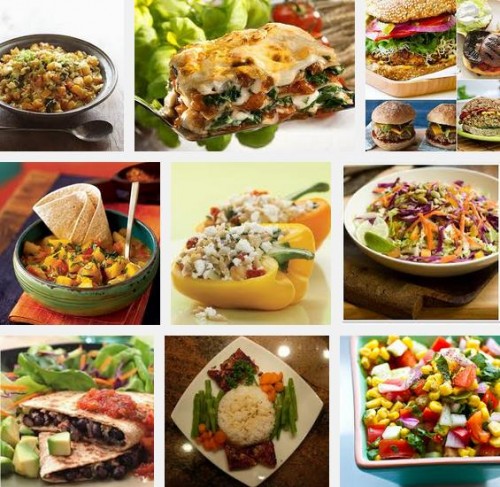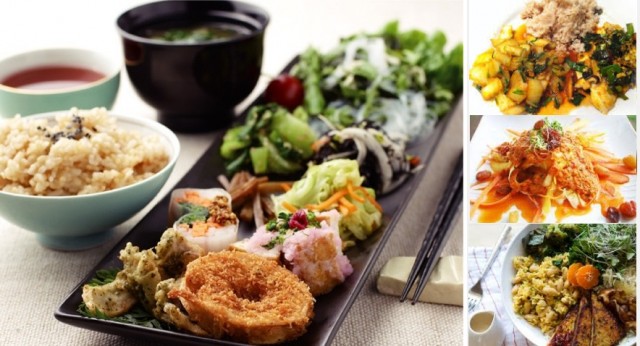A vegan diet consists of plant-based foods only. In other words, vegans do not consume any meat or dairy products.
A vegan diet is formed on the basis of a food pyramid different from that of a conventional meat-based diet.
Thus, from bottom to top the vegan food pyramid includes grains, legumes and nuts, vegetables, fruits, and fats.
The dietary classification of vegan falls under vegetarian. In fact, there are several types of vegetarians which include:
Lacto-Ovo Vegetarian: does not consume animal flesh but does eat eggs and dairy products;
Lacto Vegetarian: does not eat eggs, but does eat dairy products
Ovo Vegetarian: does not eat any animal or dairy products, but does eat eggs
Pescatarian: omits all animal flesh from diet with the exception of fish
Macrobiotic: consumes only unprocessed vegan foods and avoids refined sugars and oils. Ocassionally eats fish.
Fruitarian: eats only fruits, nuts and seeds and other plant-based food that can be obtained without harm to the plant
Live Foodist: omits all animal products and does not consume any foods that have been cooked above 115 degrees Fahrenheit.
Vegan: omits all animal products (including eggs and dairy) as well as foods containing animal-derived ingredients
It is readily observable that vegans are of the more strict vegetarians. It can also be observed that following a vegan diet, though healthy and nutritious, requires careful planning but no more than a conventional meat-based diet despite the myths.
One such myth is that a vegan diet is void of protein, calcium and Vitamin B-12. However, this couldn’t be further from the truth.
For starters, a vegan diet offers a variety of sources of protein including grain foods, nuts, beans and tofu, just to name a few. You may have even heard the myth that animal protein is superior to vegetable protein.
This is indeed a myth and is easily dis-proven by the fact that high levels of protein steal calcium from bones leading to osteoporosis. Furthermore, it has been found that the typical Western diet contains too much protein. In short, a variety of plant foods eaten throughout the day can meet protein requirements.
Regarding calcium, there are several plant foods that are excellent sources of calcium. Green, leafy, low-oxalate vegetables such as collard greens, bok choy, broccoli, Chinese cabbage and kale are not only all great sources of calcium, but the body easily absorbs the calcium from these food sources.
Lastly, regarding Vitamin B-12, foods such as nutritional yeast, fortified cereal, fortified soy milk, tempeh, miso, and other plant foods when consumed regularly throughout the day provide plenty of Vitamin B-12.
Notwithstanding all the myths a vegan diet offers a variety of benefits which are undeniable. Furthermore, the decision to adopt this diet is a personal one.
That said, before making judgments and falling prey to the untruths about veganism keep an open mind and continue to educate yourself. There is much to discover about this very unique diet and lifestyle.







